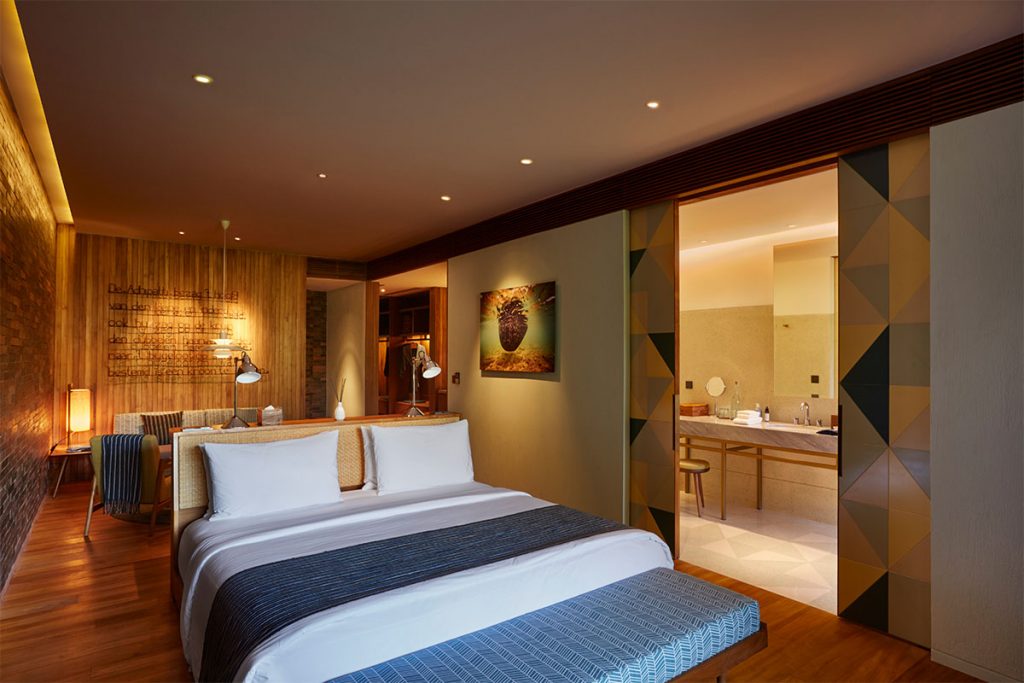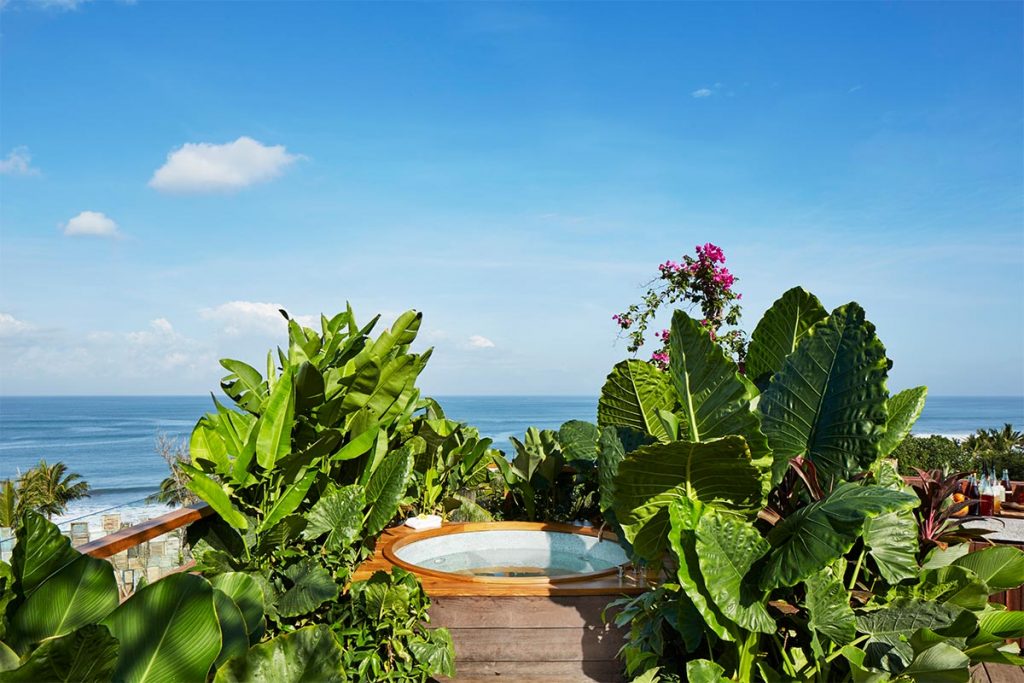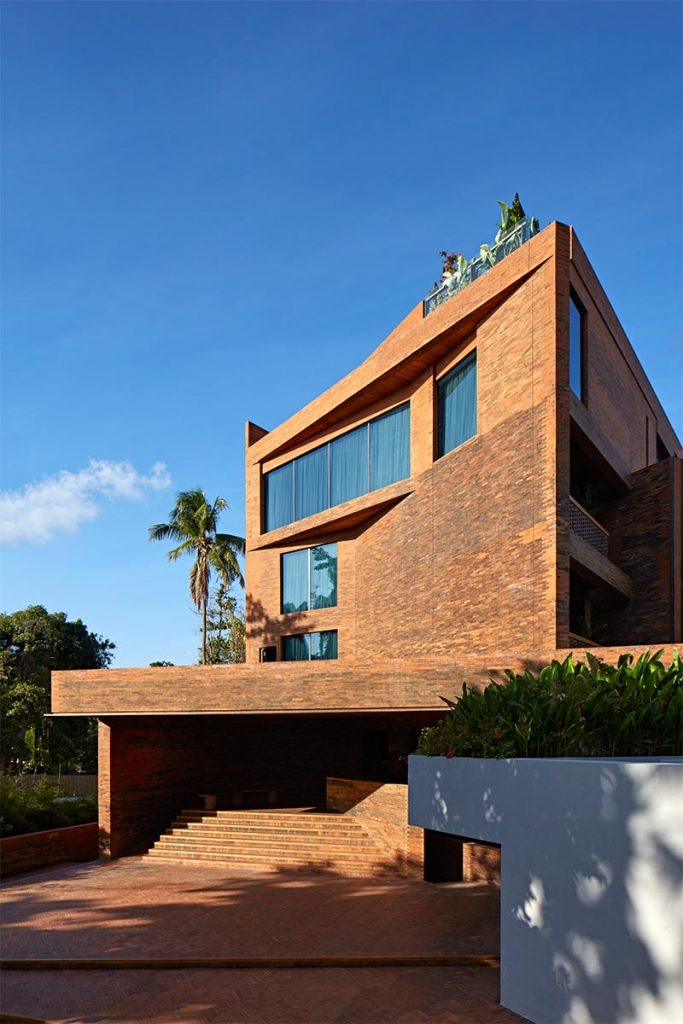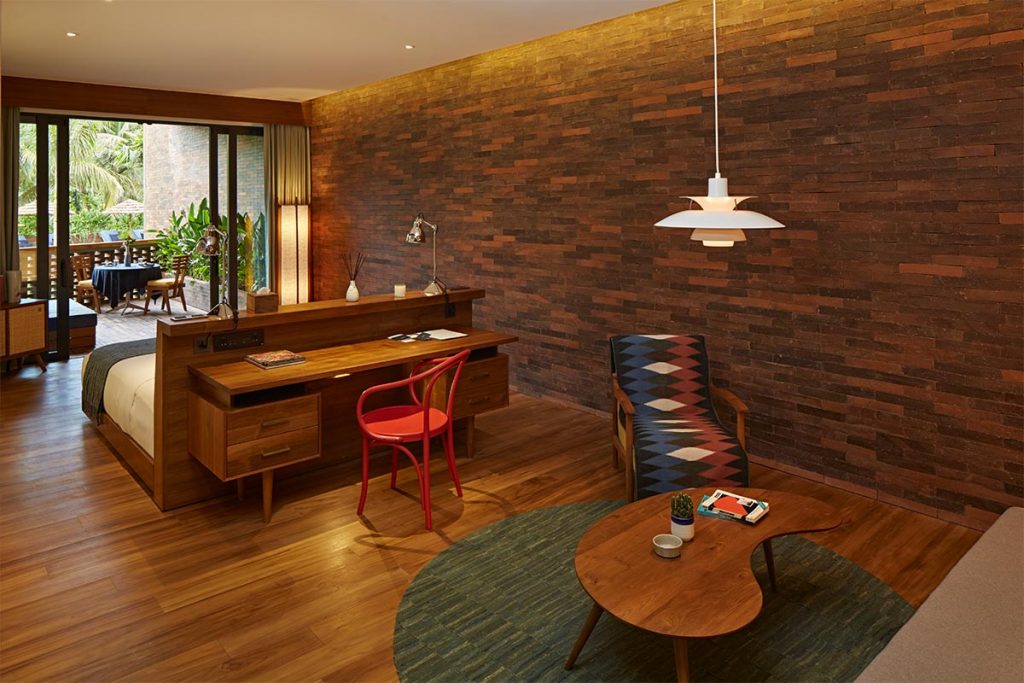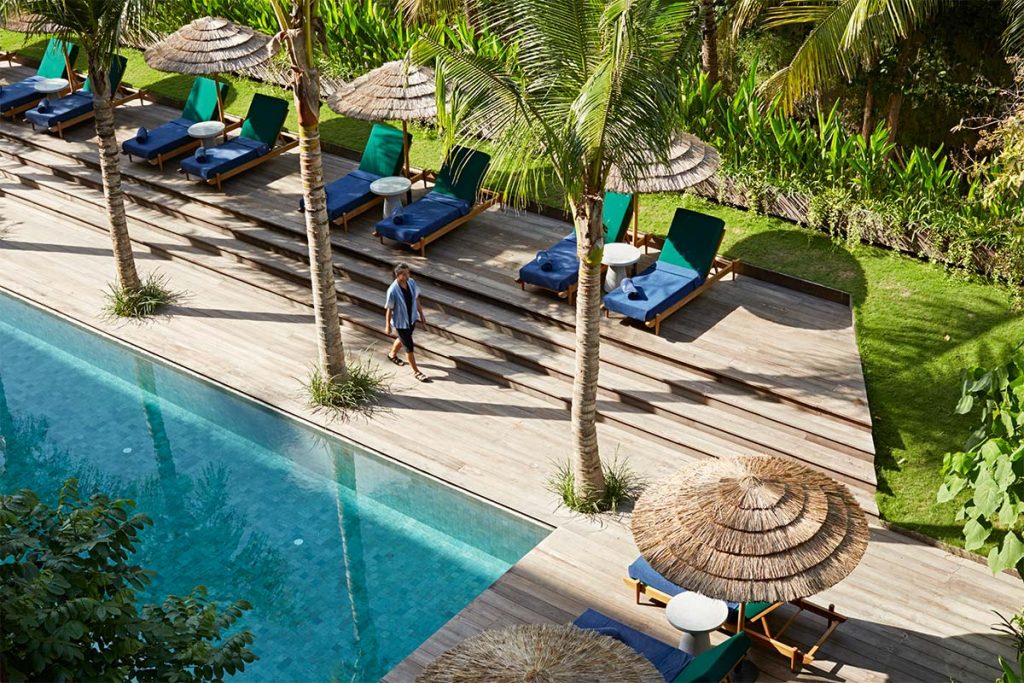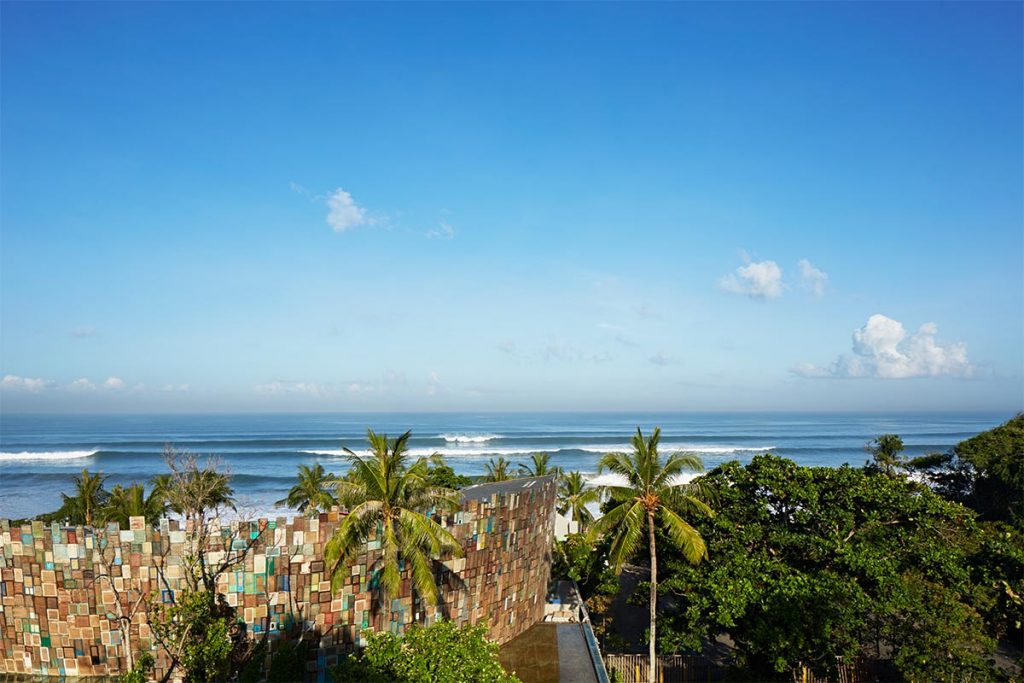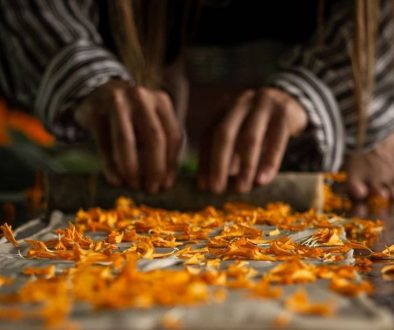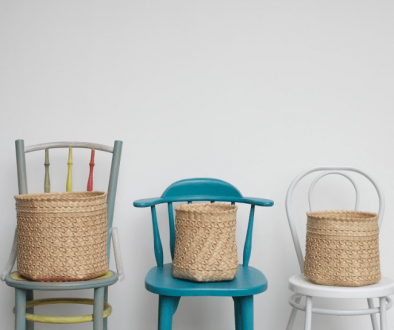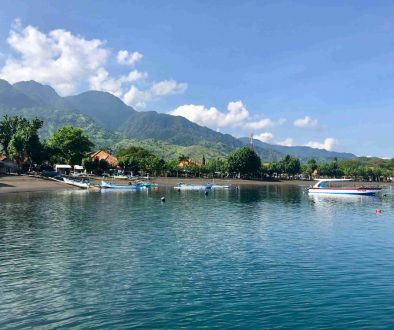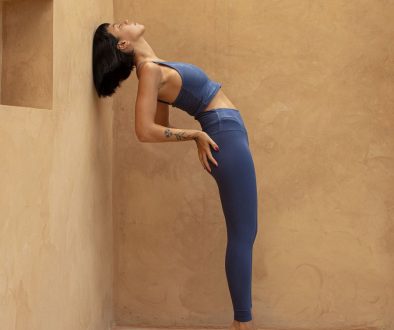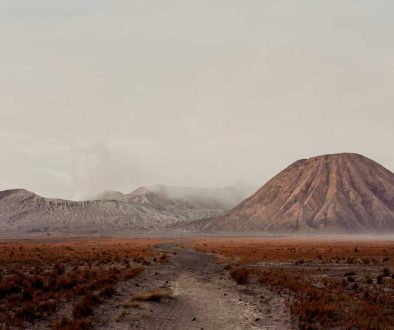Craftsmanship at Katamama Feature for eco-travel website, Bouteco
Fashioned by the seasoned hands of local artisans, a Bali boutique hotel showcases the best of Indonesia, from traditional hand-spun textiles to organic indigo-dye wall art
‘Mother’s words’ is the literal translation of Katamama, a design hotel on Bali’s south-west coast. But this property brings forth so much more than just the words of Indonesia’s ibu-ibus of yore (ibu means mother, and it’s also a polite way to greet a lady). Within her walls of hand-pressed brick – the same used to build sacred Balinese temples – emanate the stories of bygone crafts, handed down from mother to daughter, father to son, for centuries.
‘Made by artisans’ is the hotel’s phrase and philosophy, and it is articulated with spirit in every space, from the sleek Jakarta-sourced terrazzo bar top and cuboid stools of their lobby level cocktail spot Akademi, to the anjat beach bags on loan to guests, meticulously hand-loomed from strands of orchard vine in Kalimantan (Borneo).
Geometric ceramic cocktail cups, tinted in tropical hues, line the shelves of Akademi, each individually crafted over a two-month period by Ubud-based ceramics artisans, Gaya. A close-knit community enlisted from neighbouring villages, many of Gaya’s adept craftspeople have been working with founders Marcello Massoni and Michela Foppiani since the very beginning, fifteen years ago. Designing, moulding, decorating, firing, glazing and even making the clays in-house, Gaya takes complete control of their craft, looking within the region for natural base materials.
Guided by intuition and an appreciation for natural asymmetry, Gaya also conceived the ceramic reed diffusers that fill each suite with honeyed perfumes. Mingling clays of deep blue and crest-of-the-wave-white at the moment of throwing in an ancient Chinese technique known as agata means each of Katamama’s vases are as unique as the waves of the ocean that inspired their colour scheme.
Idiosyncratic decorative textiles add vim to the hotel’s individually designed spaces. More than 1000 metres of fabric, sustainably-loomed over three years by village seamstresses, were used to make the hotel’s characterful rugs, table runners and throws. Tarum, Bali’s largest botanical dye workshop, is the artisan collective behind many of these pieces.
Bali brothers Made and Andika founded Tarum with sustainability as its core intention. With a production based on utilising the leaves and bark of native shrubs, the workshop employs 30 local hands and a network of 70 weavers in Bali, Java and Lombok. Today, the Gianyar-based plant is among less than ten percent of Indonesian dye manufacturers producing and using colourings derived entirely from horticultural sources.
Half an hour’s drive away, in the village of Pejeng, lives Tjok Agung, the island’s indigo guru and maker behind many of Katamama’s novel textile originals, including the distinctive wall art. While synthetic indigo and mass production techniques are favoured world-wide, Pak Tjok looks to endemic plants for his textile tinctures, uses organic fibres, local workers and traditional colouring and stamping techniques.
Stunning and sustainable, Katamama is safeguarding and spotlighting the remarkable crafts of its home country, giving a modern makeover to Indonesia’s almost-extinct techniques with forward-thinking architecture and design. This petite property is everything the throw-away consumer culture is not; luxury here is about being surrounded by consciously produced, hand-finished, heirloom-like products. Style it has, but soul it radiates, by the brick load.
Nightly rates from IDR 4,900,000 (around USD 370.00)
